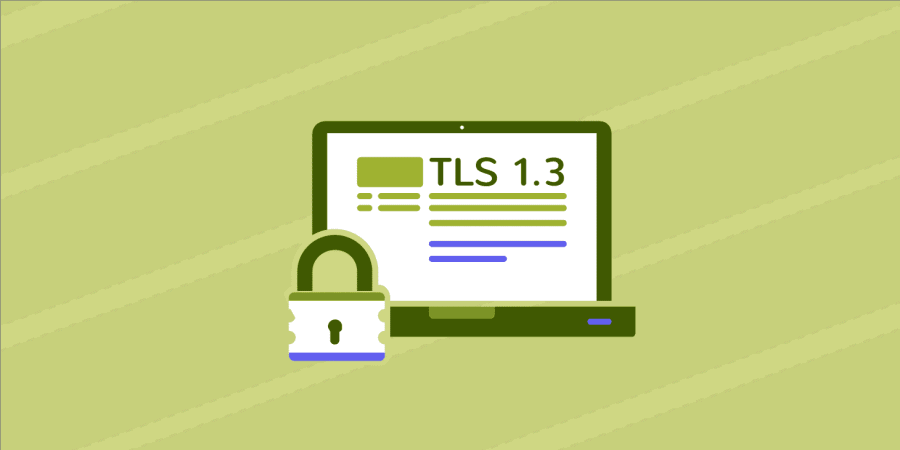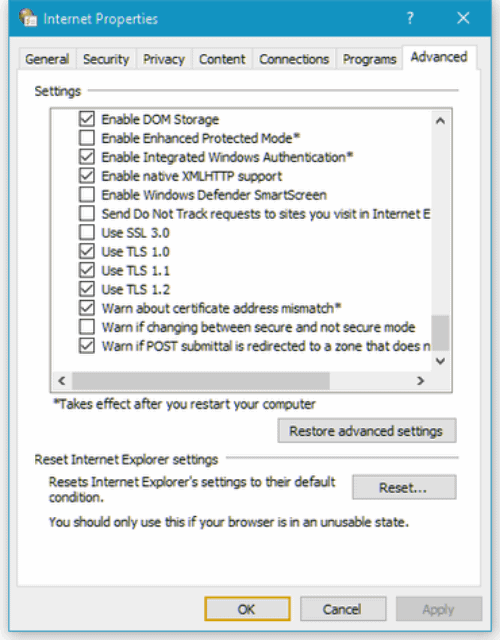Η Apple Lossless Audio CODEC (ALAC),The Google, Microsoft and Mozilla announced today that they will stop supporting TLS 1.0 and 1.1 (Transport Layer Security) in their respective programs tour during the first half of 2020.
"January 19 next year marks the 20th anniversary of TLS 1.0, the inaugural version of the protocol that encrypts and validates secure connections across the web," said Kyle Pflug, CEO of its development department. Microsoft Edge.
"Two decades is a long time for technology to remain safe. Although we are not aware of major weaknesses in modern versions of TLS 1.0 and TLS 1.1, the transition to newer versions helps create a safer web for all. "
All four browsers – Chrome, Edge, IE, Firefox and Safari – already support TLS 1.2 and will soon support the Fina approved version of the TLS 1.3 standard. Chrome and Firefox already support TLS 1.3, while Apple and Microsoft are still preparing for support.
Microsoft has published statistics from SSL Labs showing that 94% of Internet pages have already been moved to TLS 1.2, leaving very few websites to use older versions.
"Less than one percent of daily connections to Microsoft Edge use TLS 1.0 or 1.1," Pflug announced.
Of course the users of Windows and system administrators can test the effects of disabling TLS 1.0 and TLS 1.1 and prepare their devices and networks before the changeover date.

From the Windows control panel, find “Internet Options.” On the “Advanced” tab, uncheck “Use TLS 1.0” and “Use TLS 1.1” in the Security section.
___________________
- Microsoft immediate changes to avoid another bottle
- Apple Shazam new relationship and an application without ads
- GrayKey: how the device that cracks each iPhone works





